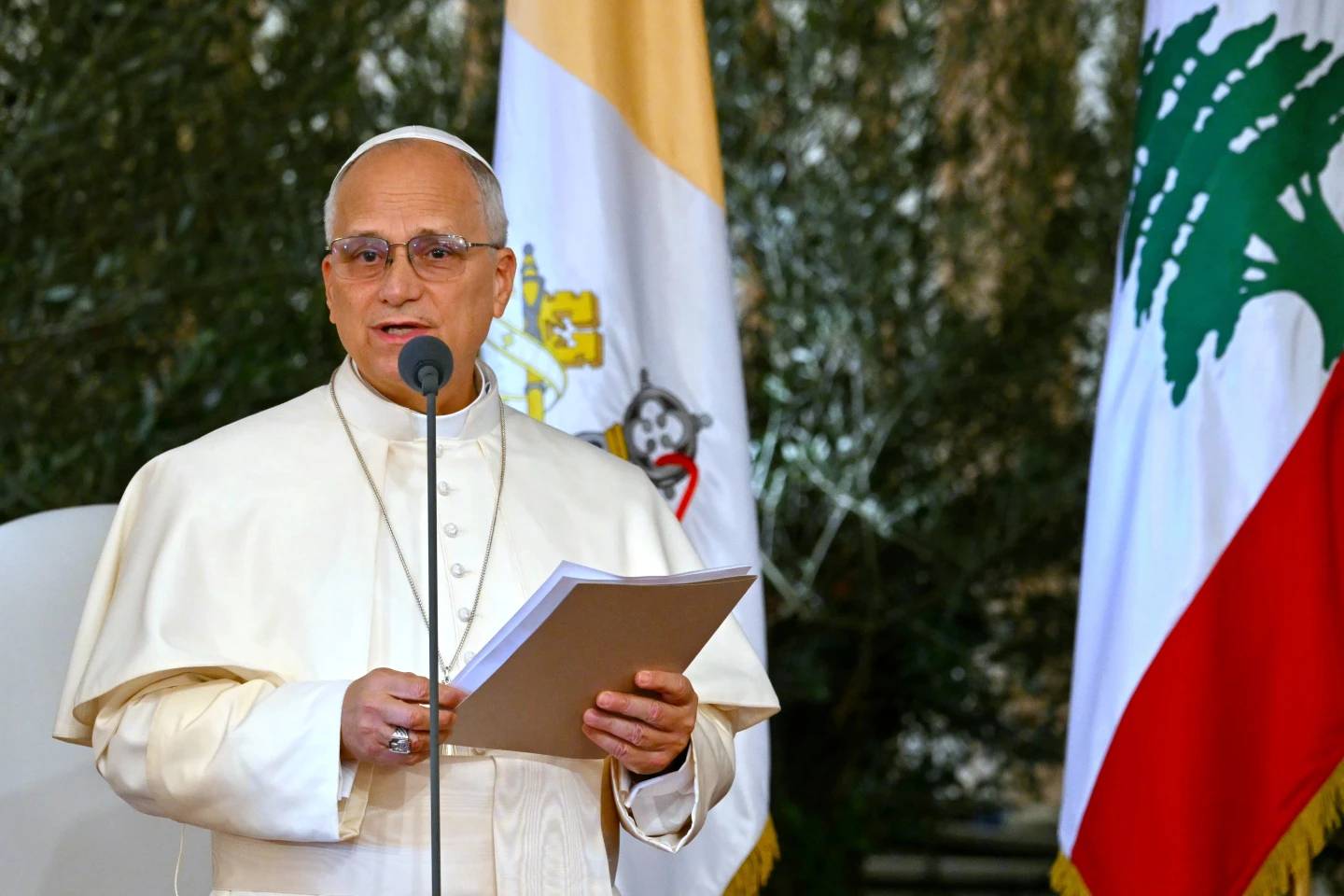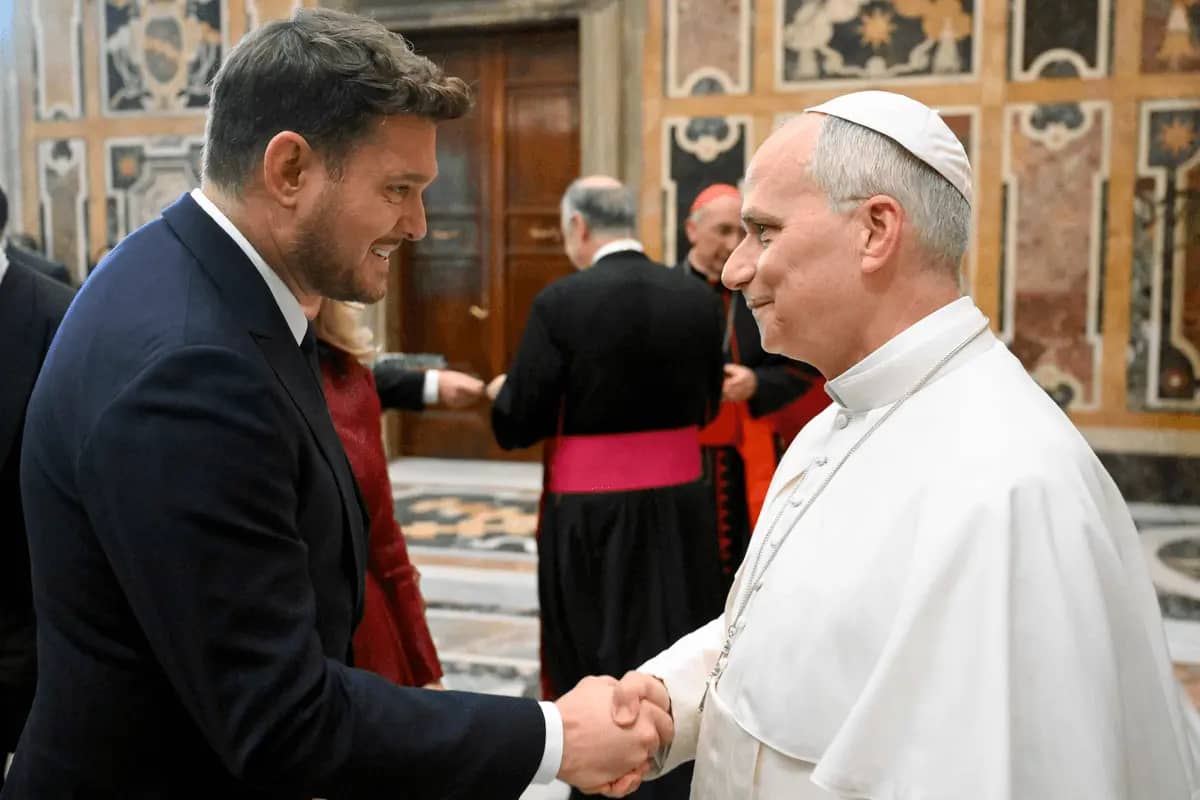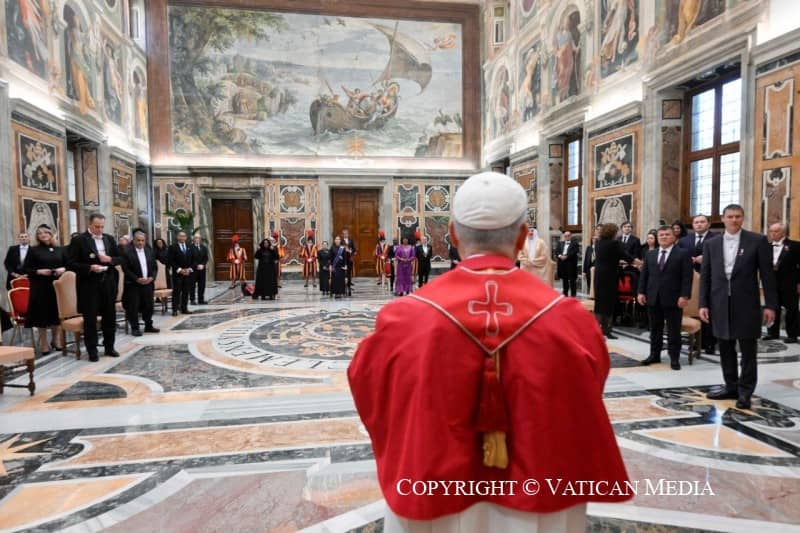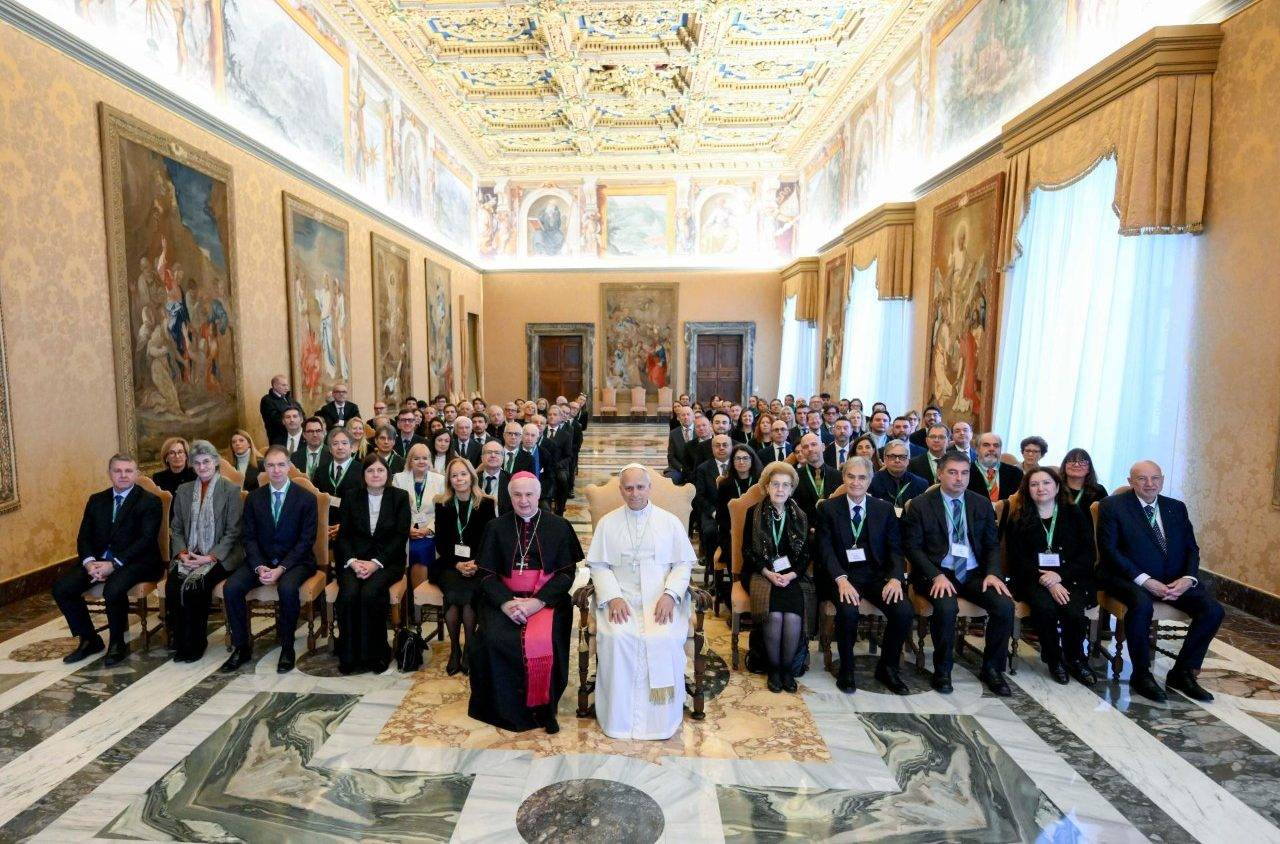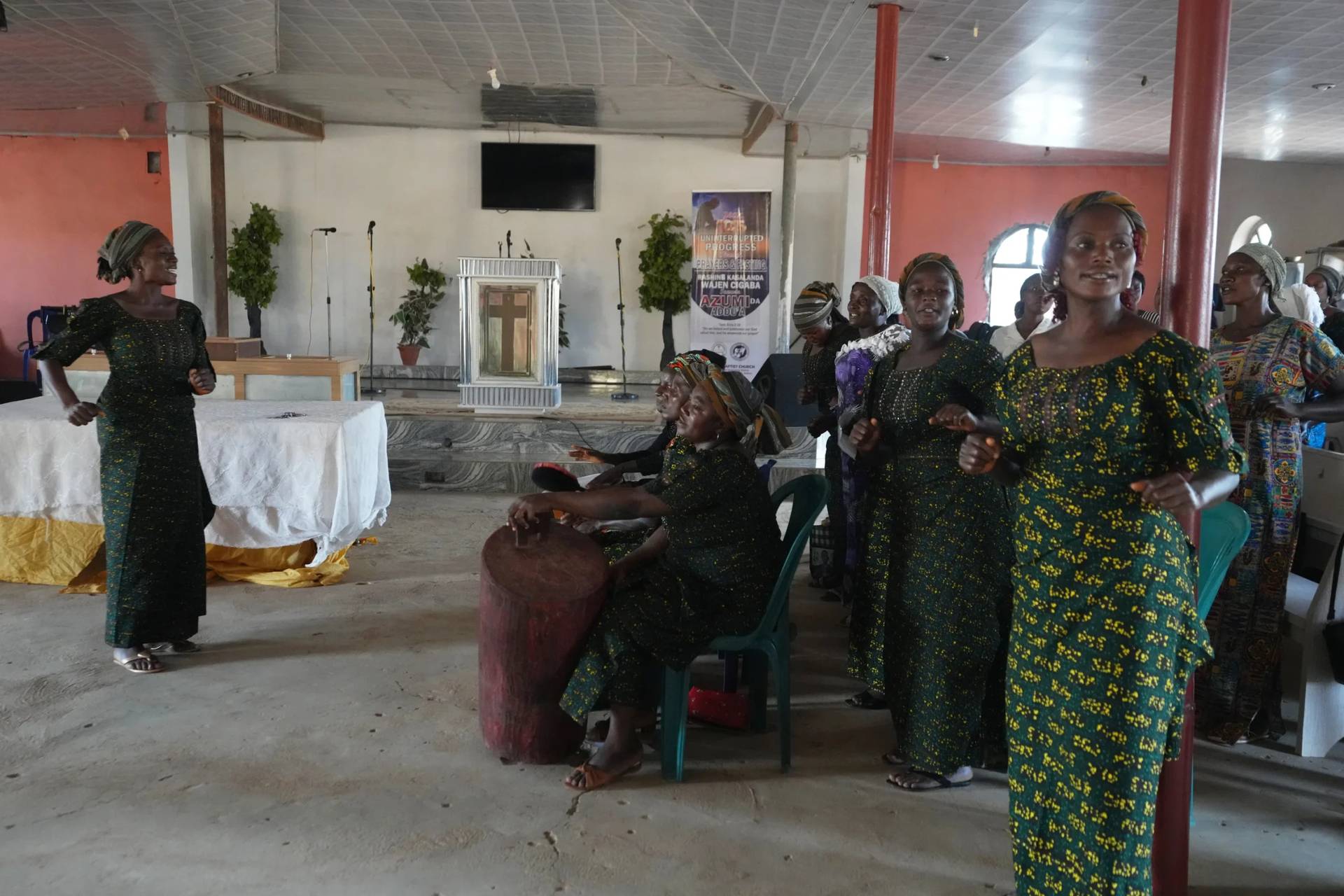ROME – Catholic social teaching is always changing, said a top Irish prelate on Wednesday, noting that even though there are permanent “fundamental principles,” the fine points need to be constantly deepened.
“The social teaching of the Church is part of the discipline of moral theology, but moral theology cannot produce a handbook with all the answers to the social challenges of the times,” said Archbishop Diarmuid Martin of Dublin.
“The social teaching inevitably involves dialogue with the social sciences and with economic and financial reflection, with political science and today more and more with ecological reflection,” he added.
He was speaking at a press conference held in Rome on Wednesday, to present a May 24-26 international conference on “New policies and life-styles in the digital age.”
The May gathering is being organized by the Centesimus Annus pro Pontifice Foundation for its 25th anniversary. Pope St. John Paul II created the foundation in 1993 for Catholic business, academic and professional leaders to help promote the Church’s social teaching.
Centesimus Annus was an encyclical written by Pope John Paul II in 1991, the 100th anniversary of Pope Leo XIII’s encyclical Rerum Novarum, widely considered to be the founding document of the Church’s modern social teaching.
Though much has been written about it, there are seven key principles of this teaching: Life and Dignity of the Human Person; Call to Family, Community, and Participation; Rights and Responsibilities; Option for the Poor and Vulnerable; The Dignity of Work and the Rights of Workers; Solidarity and Care for God’s Creation.
The fact that the Church’s teaching on these issues must be in dialogue with modern times does not mean that “the fundamental principles of the social teaching can be relativized by the development of the social sciences,” Martin said.
The archbishop also said that since it was established, the foundation has been a bridge between ethical principles, the teaching of the Church, and the day-to-day challenges that policy makers have to face.
“Pope Francis has consistently called for an urgent process of correction in the way the world economy works, especially to look at the causes of exclusion of the poorest and the development of economic models of inclusion,” Martin said.
During the press conference on Wednesday, he also spoke about the challenge of generating growth with equity is not one that only involves “the moralist,” but it’s also a task for economists and policy makers.
The level of corruption that permeates economic activity worldwide, he added, is yet another “striking characteristic” of the world’s current model, and in every case, “it’s the poor who pay the cost of corruption.”
Dialogue between the Church’s social teaching and economy cannot be a “top-down” approach, Martin said.
“We have to invest in people,” and doing so means looking for creativity and innovative approaches to solve problems, not only in the “great protagonists of information technology,” but also in the poor, who Martin defined as “one group that shows extraordinary innovation,” who show their abilities simply through survival.
“A fundamental principle of economic activity must be to allow the poor to have voice,” he said.
Also present at the press conference was Ana Maria Tarantola, a member of the board of the Centesimus Annus Foundation.
Among other things, she spoke about globalization and how in many cases it’s created new inequalities.
Globalization, she argued, had a positive impact on the peoples of some emerging countries, such as China and India, but it hasn’t been equal in every nation — and in some so-called developed countries it’s had a negative impact, because the middle classes lost job opportunities.
The May conference will address several issues, including the employment uncertainties families face in the digital cultural revolution, fighting the “throwaway culture,” inclusive employment, and a “Christian agenda for the common good.”
Speakers include several top-Vatican officials, such as Cardinal Pietro Parolin, the pope’s top deputy, and other guests, including Ecumenical Patriarch Bartholomew of Constantinople.






